After a heart diagnosis, even shopping for fruit can feel confusing. You want to eat healthy, but now you worry about sugar, medicines, and what is safe for your heart.
One doctor says, a heart patients “Eat more fruit.” Your diabetes nurse warns, “Watch the sugar.” Your heart doctor says, “Avoid grapefruit with your medicine.” It feels like you can’t win. Many patients end up avoiding fruit or choosing the wrong kinds.
This guide makes it simple. You’ll learn which fruits are best for your heart, and which ones to eat less often or skip. We’ll talk about safe portion sizes, the right time to eat fruit with your medicines, and how to make a plan that fits your condition.
No more guessing at the store. You’ll know exactly which fruits protect your heart and which ones could cause trouble with sugar or medicine.
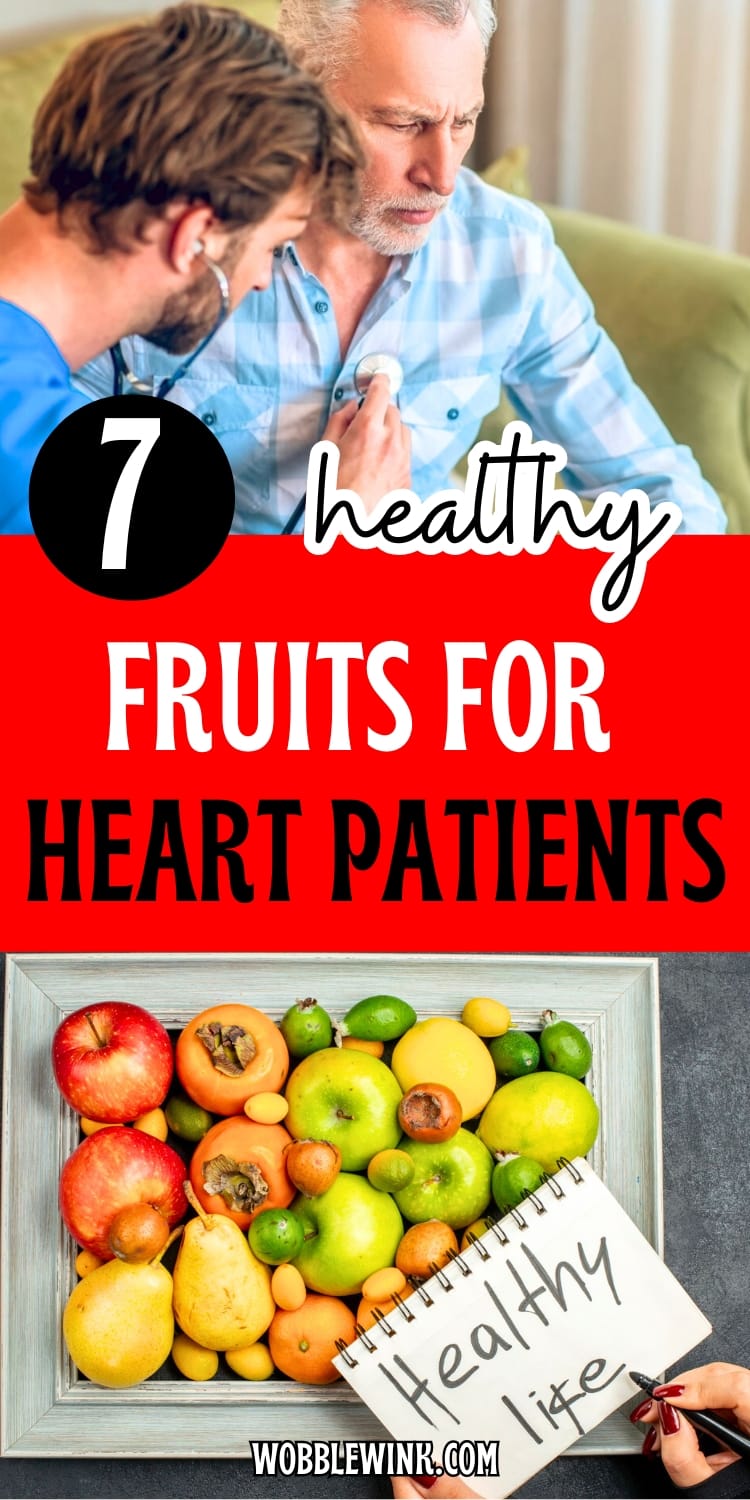
Why Fruit Matters for Heart Health
Your heart needs the right fuel to stay strong. Heart healthy fruits give your body exactly what it needs to fight heart disease.
Fruits pack antioxidants that stop inflammation in your blood vessels. This inflammation damages your arteries and leads to heart attacks. Berries have the highest antioxidant levels – blueberries score 6,552 ORAC units per cup.
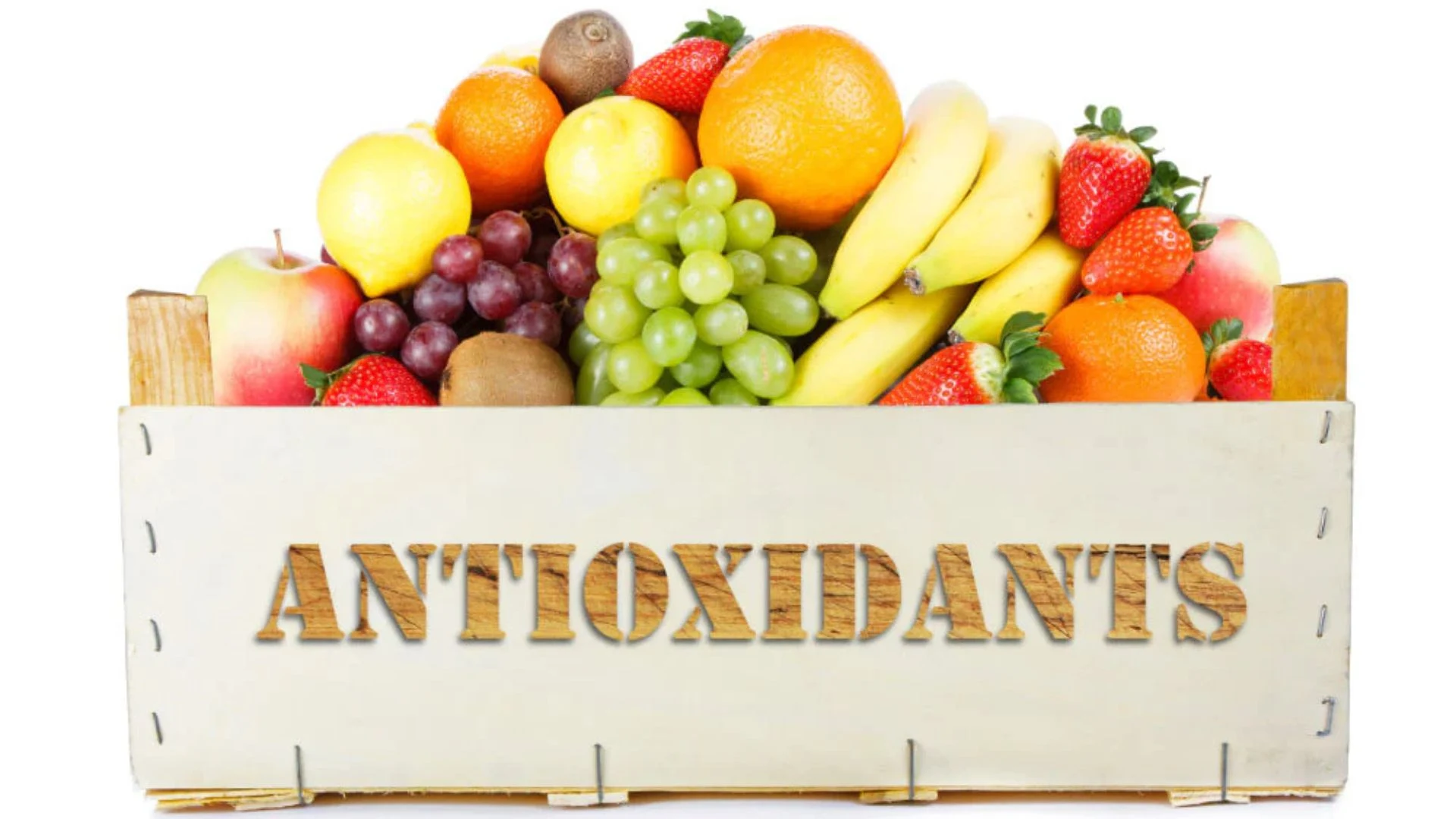
The fiber in fruits lowers bad cholesterol by 10-15% when you eat 2-3 servings daily. It also helps control blood pressure naturally. Your body absorbs this fiber slowly, so your heart doesn’t get stressed.
Potassium in fruits keeps your heart beating steady. Most people need 3,500mg daily, but only get 2,600mg. One banana gives you 400mg of potassium.
Natural fruit sugars work differently than processed sugar. Your body handles them better because fruits contain fiber and water. Studies show eating 2-3 servings of heart healthy fruits daily can reduce cardiovascular disease risk by 32%.
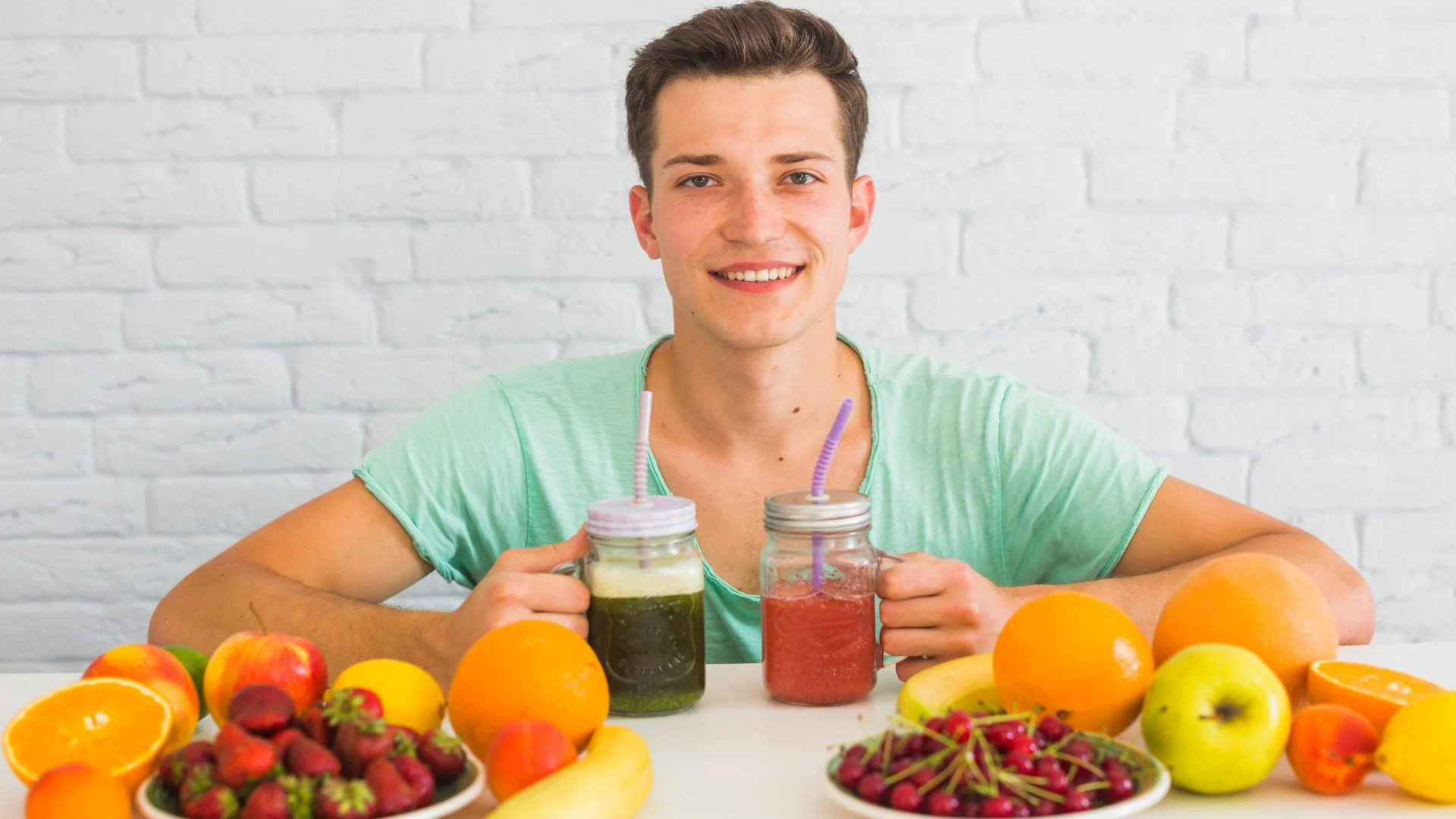
Fruits fit perfectly into heart disease prevention plans. They replace processed snacks that hurt your heart.
Top 12 Heart-Healthy Fruits for Patients
These best fruits for heart disease give you the biggest health boost. Each one fights different heart problems in its own way.
Berries pack the most heart power per bite. Blueberries, strawberries, and raspberries contain anthocyanins that make your arteries more flexible. They won’t spike your blood sugar either. Eat 1 cup fresh or 1/2 cup frozen daily.
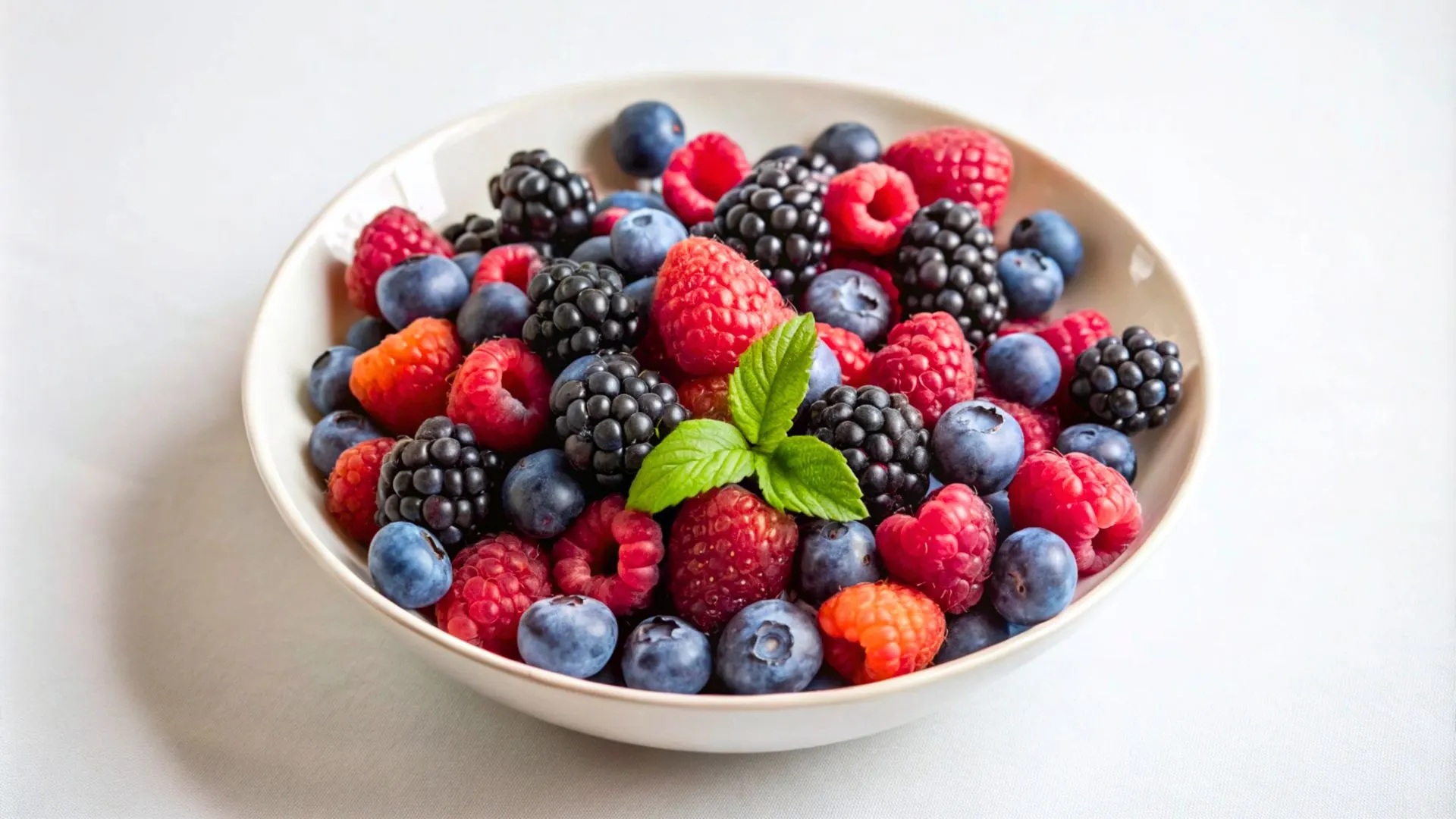
Apples lower bad cholesterol with pectin fiber. The skin has quercetin that stops inflammation in your blood vessels. Always eat the peel – that’s where most nutrients hide.
Citrus fruits strengthen your blood vessels with vitamin C. Oranges and lemons improve blood flow with hesperidin. But skip grapefruit if you take heart medications – it blocks how your body processes them.
Pomegranates make your arteries work better and may lower blood pressure. Choose 100% pure juice or eat fresh seeds. One small glass gives you a full day’s protection.
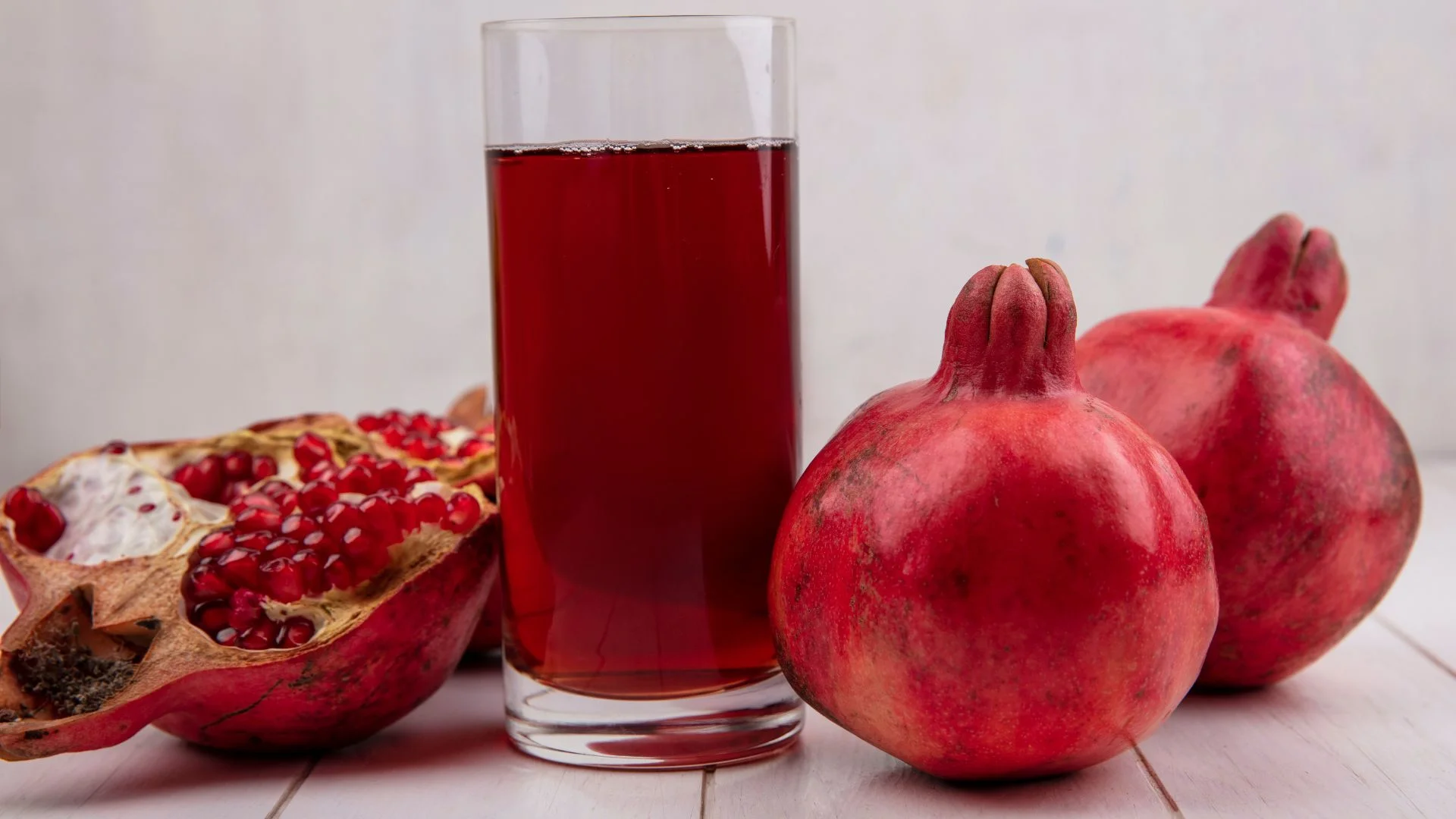
Avocados contain good fats that your heart loves. The potassium helps control blood pressure too. Stick to 1/3 of a medium avocado per day – they’re high in calories.
Red grapes protect blood vessels with resveratrol. They also have natural compounds that improve circulation. Limit yourself to 1/2 cup because of the sugar content.
Bananas keep your heart beating steady with high potassium. They’re easy to digest and perfect for snacks. Pick slightly green ones – they have less sugar than fully ripe bananas.
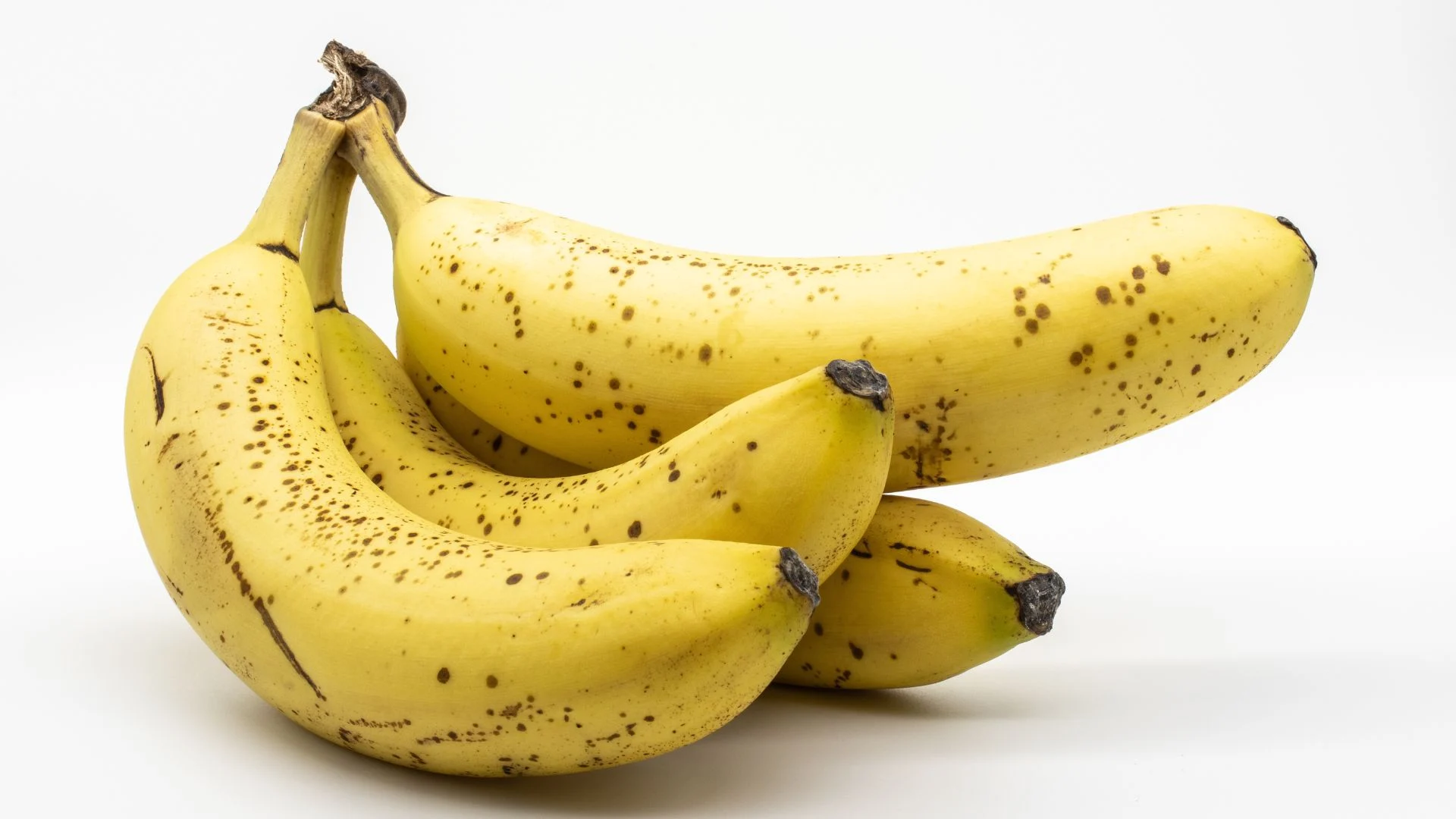
Tart cherries fight inflammation and help you sleep better. Good sleep helps your heart recover. Buy fresh or frozen, but avoid sweetened versions.
Kiwi combines vitamin C with potassium for double heart protection. The fiber helps manage cholesterol levels naturally. Two medium kiwis count as one serving.
Watermelon contains lycopene that protects your arteries. It also has L-arginine that helps blood flow. Plus, the high water content keeps you hydrated.
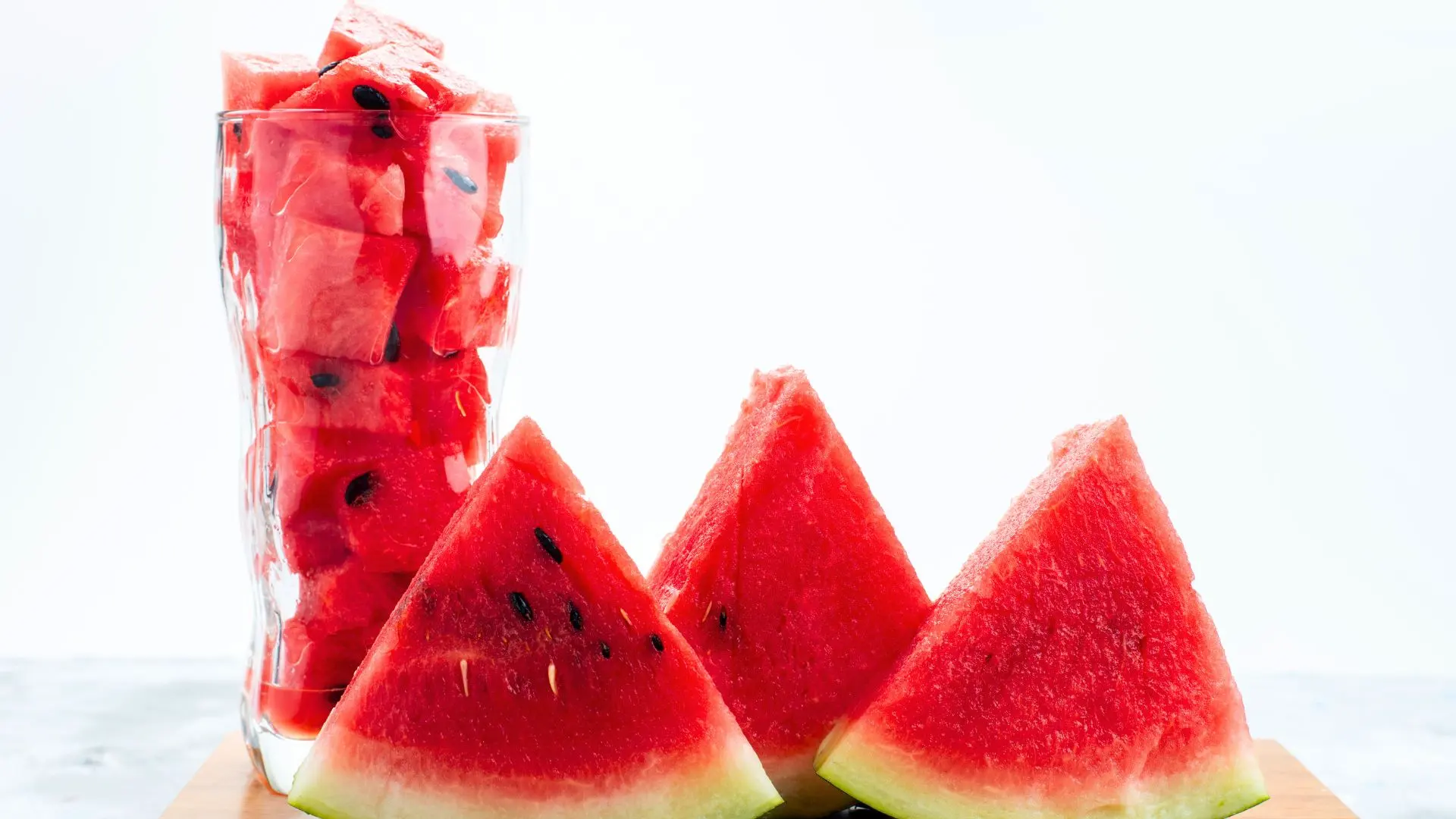
Papaya gives you lycopene and vitamin C together. The natural enzymes reduce inflammation throughout your body. It’s also low in sodium and high in potassium.
Pears have soluble fiber that grabs cholesterol and removes it from your body. Keep the skin on for maximum nutrition. Choose pears that are ripe but still firm.
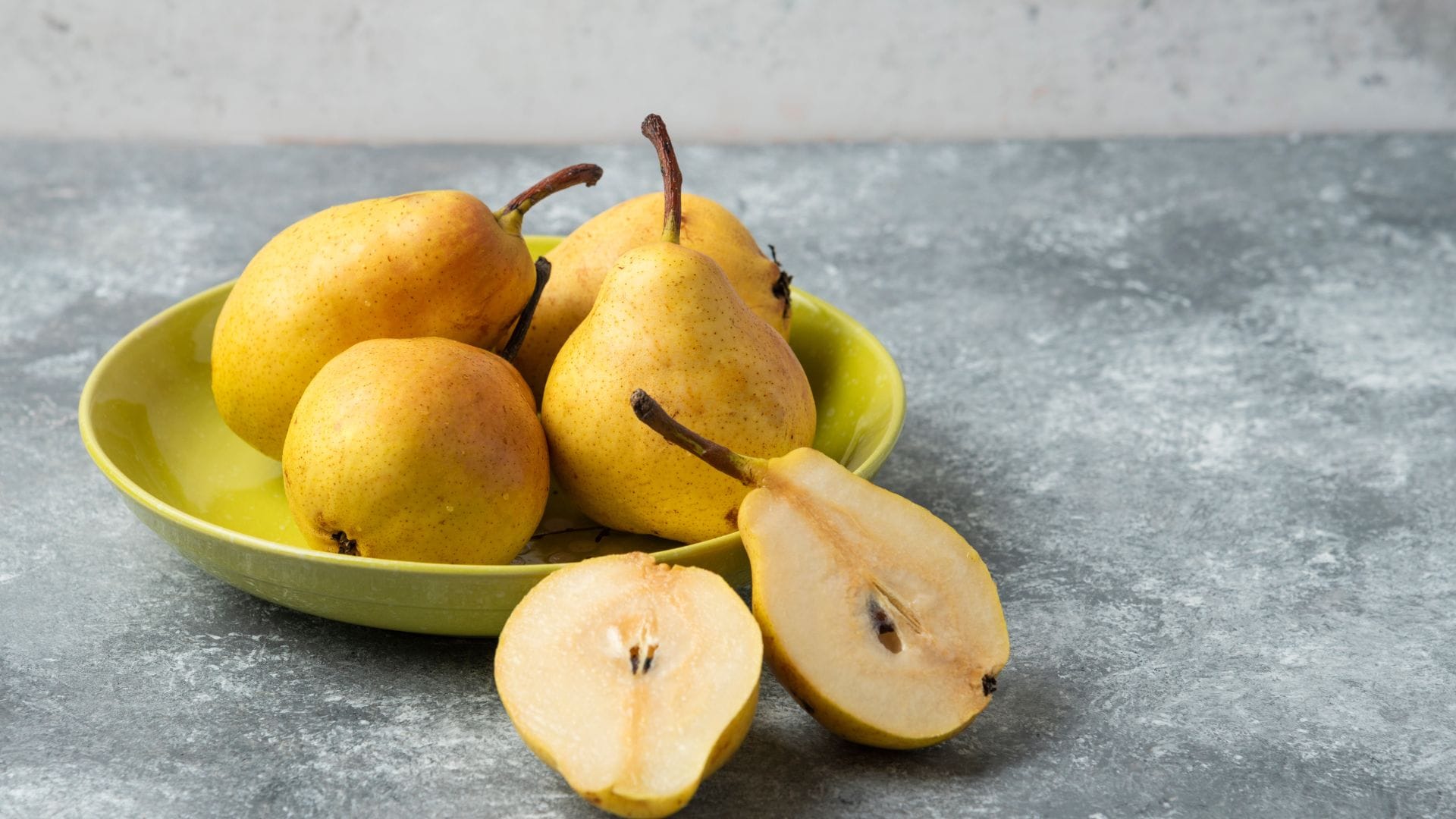
Fruits to Limit or Avoid with Heart Conditions
Some fruits to avoid with heart problems can hurt more than they help. Here’s what to watch out for and why.
Coconut has too much saturated fat for heart patients. One cup of shredded coconut contains 24 grams of saturated fat – that’s more than a whole day’s limit. Your arteries don’t need this extra stress.
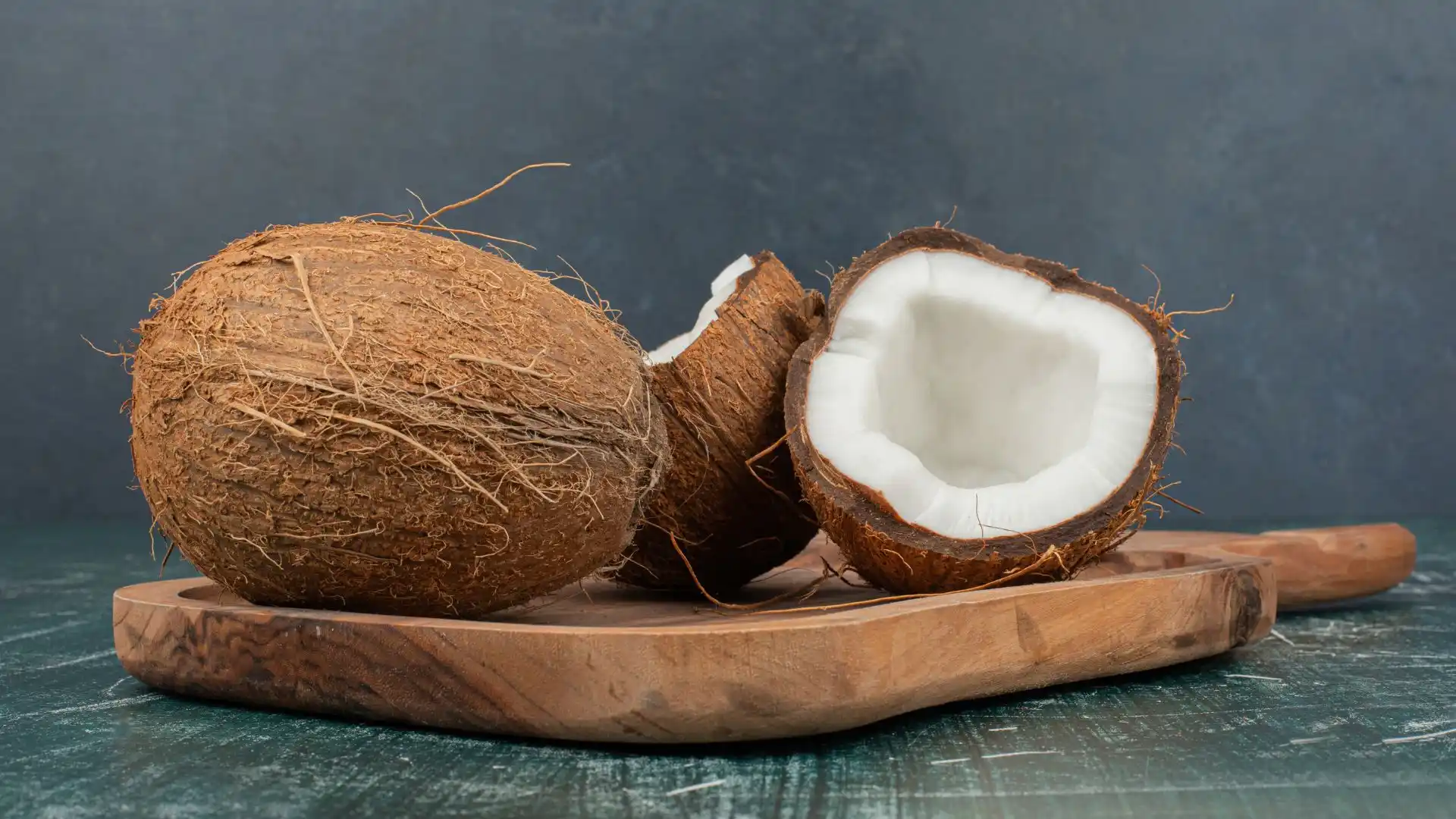
Dried fruits pack concentrated sugar that spikes your blood glucose fast. Raisins, dried apricots, and fruit leather also contain sulfites that some heart patients can’t handle well. Fresh fruit is always better.
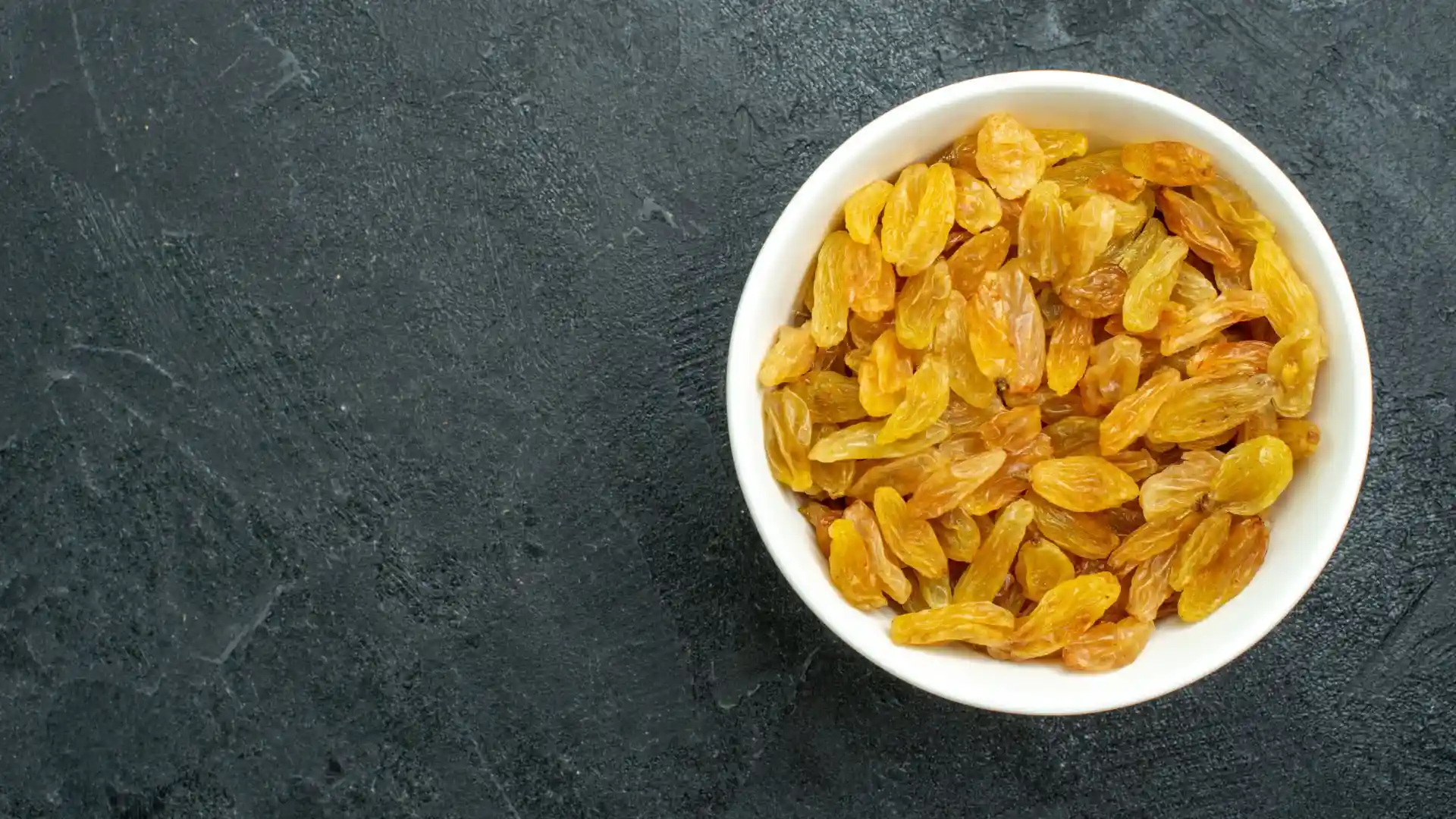
Canned fruits in syrup load you with added sugars your heart doesn’t need. One cup can have 15-20 extra grams of sugar beyond what nature put there. Choose fresh or canned in water instead.
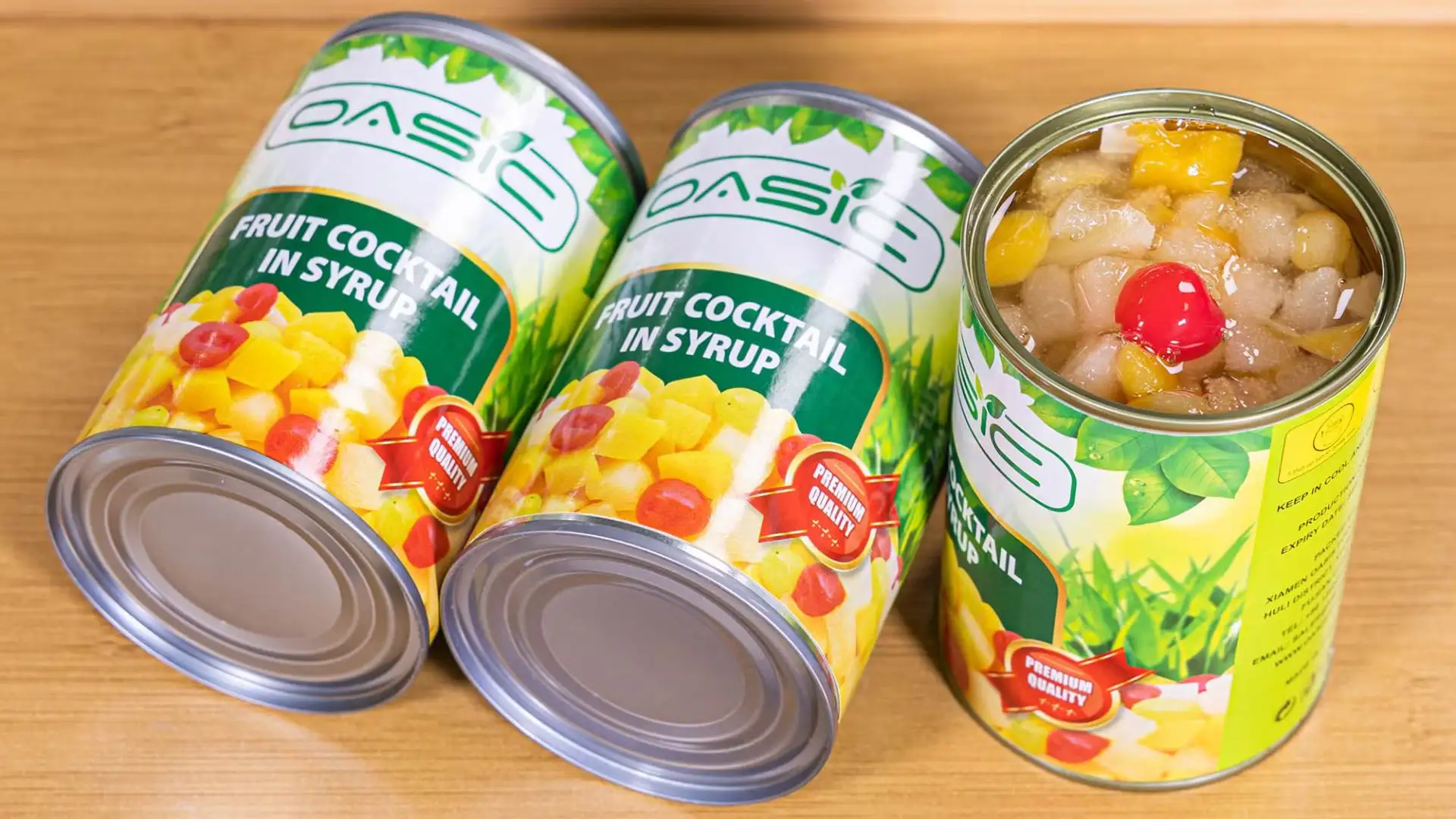
Fruit juices remove all the helpful fiber but keep all the sugar. Orange juice hits your bloodstream like soda – fast and hard. Whole oranges slow down sugar absorption and fill you up.
Very ripe bananas have higher sugar levels than green or yellow ones. The starch turns to sugar as bananas ripen. Pick bananas with some green on them for your diabetic heart patient diet.
Grapefruit needs complete avoidance if you take certain medications. It blocks enzymes that break down statins like Lipitor, blood thinners like warfarin, and blood pressure drugs like nifedipine. This creates dangerous medication buildup in your body.
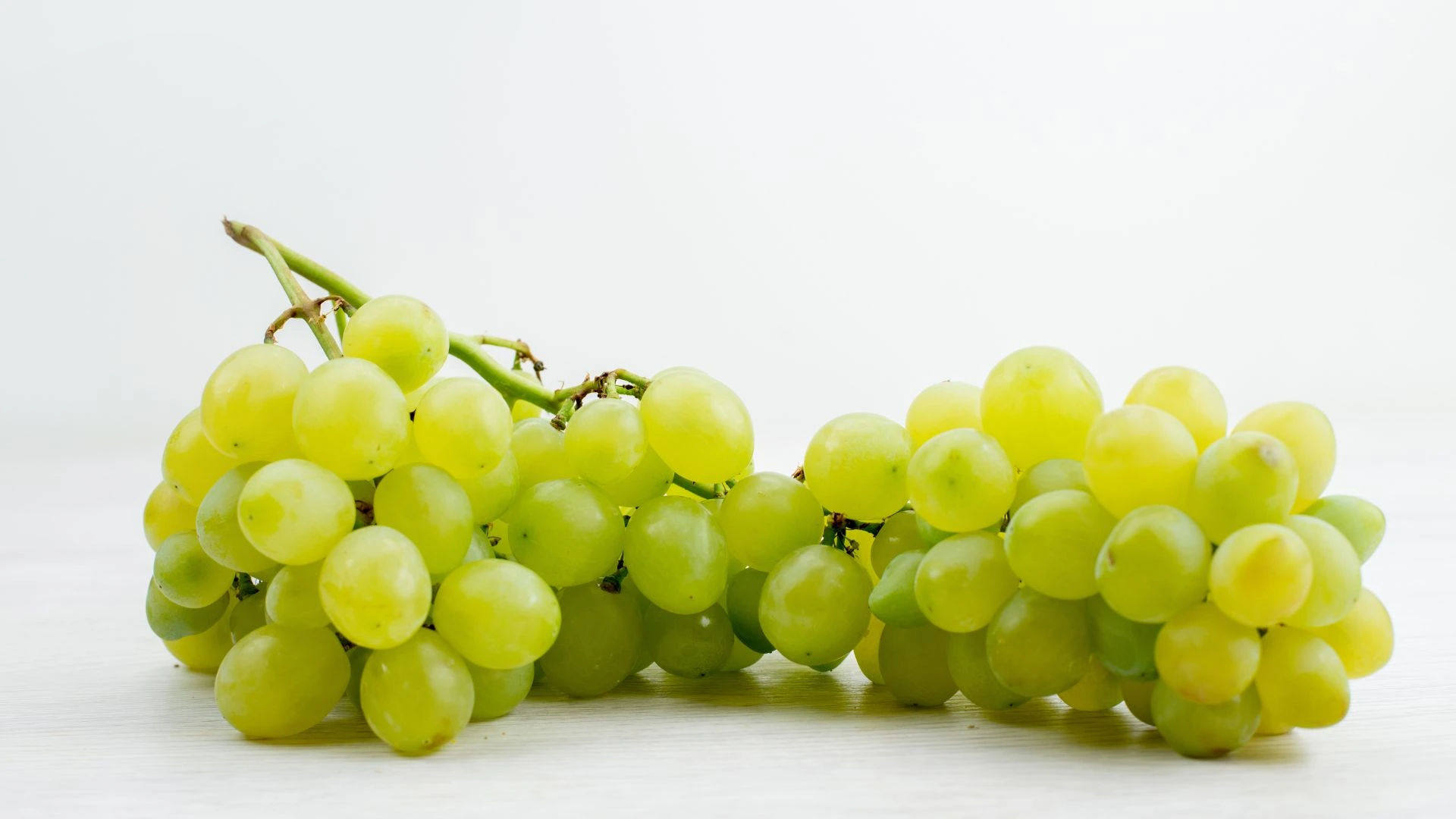
Heart medication interactions with grapefruit can be deadly. Even grapefruit juice from yesterday can affect today’s pills. Choose oranges, tangerines, or lemons instead – they’re safe with all heart medications.
Always check with your doctor about fruit choices. Your medication list determines what’s safe for you.
Portion Control and Timing for Heart Patients
Getting heart patient portion sizes right stops blood sugar spikes and keeps your heart steady. Here’s how to measure and time your fruit intake perfectly.
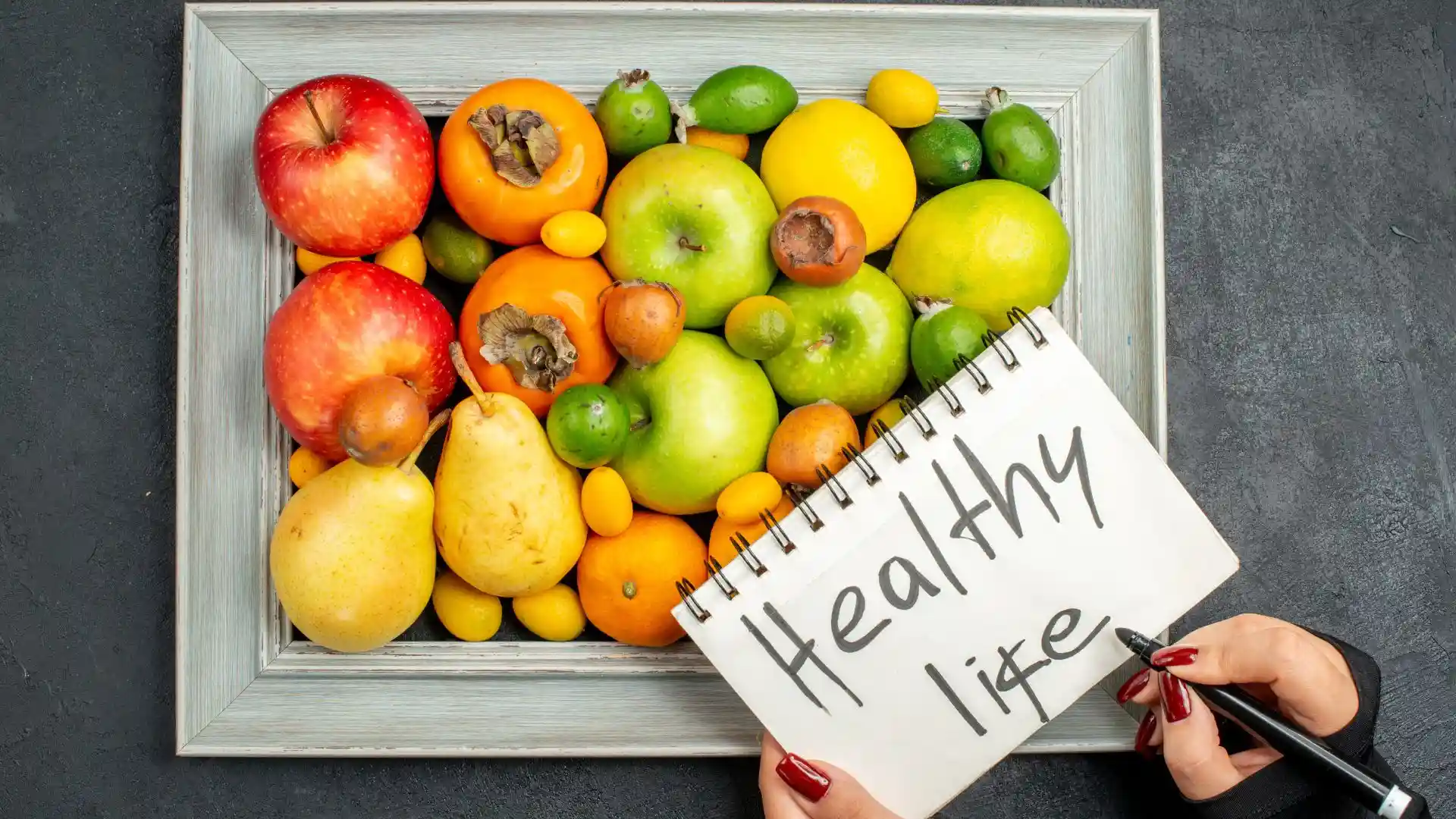
One serving equals the size of a tennis ball for most fruits. Berries fill half a baseball. A deck of cards matches one medium apple or pear. Your cupped hand holds the right amount of grapes or cherries.
Eat fruit with meals, not alone. The protein and fat in your meal slow down sugar absorption. This keeps your blood glucose from jumping up and down. Your heart works better with steady energy.
Time your fruit around your medication schedule. Take blood pressure pills first, then wait 30 minutes before eating fruit. This prevents the fruit from affecting how your body absorbs the medicine. Check with your doctor about your specific timing needs.
Monitor your blood sugar 2 hours after eating different fruits. Write down which ones spike your levels above 140. Some people react badly to pineapple but handle apples fine. Your body is unique.
Create a simple daily fruit plan that works with your schedule. Morning: berries with breakfast. Lunch: apple slices with your sandwich. Dinner: small portion of grapes after your meal. This gives you 2-3 servings spread out.
Check your blood sugar before bed if you ate fruit after 6 PM. Late fruit can affect overnight glucose levels. Most heart patients do best eating their last fruit serving by 4 PM.
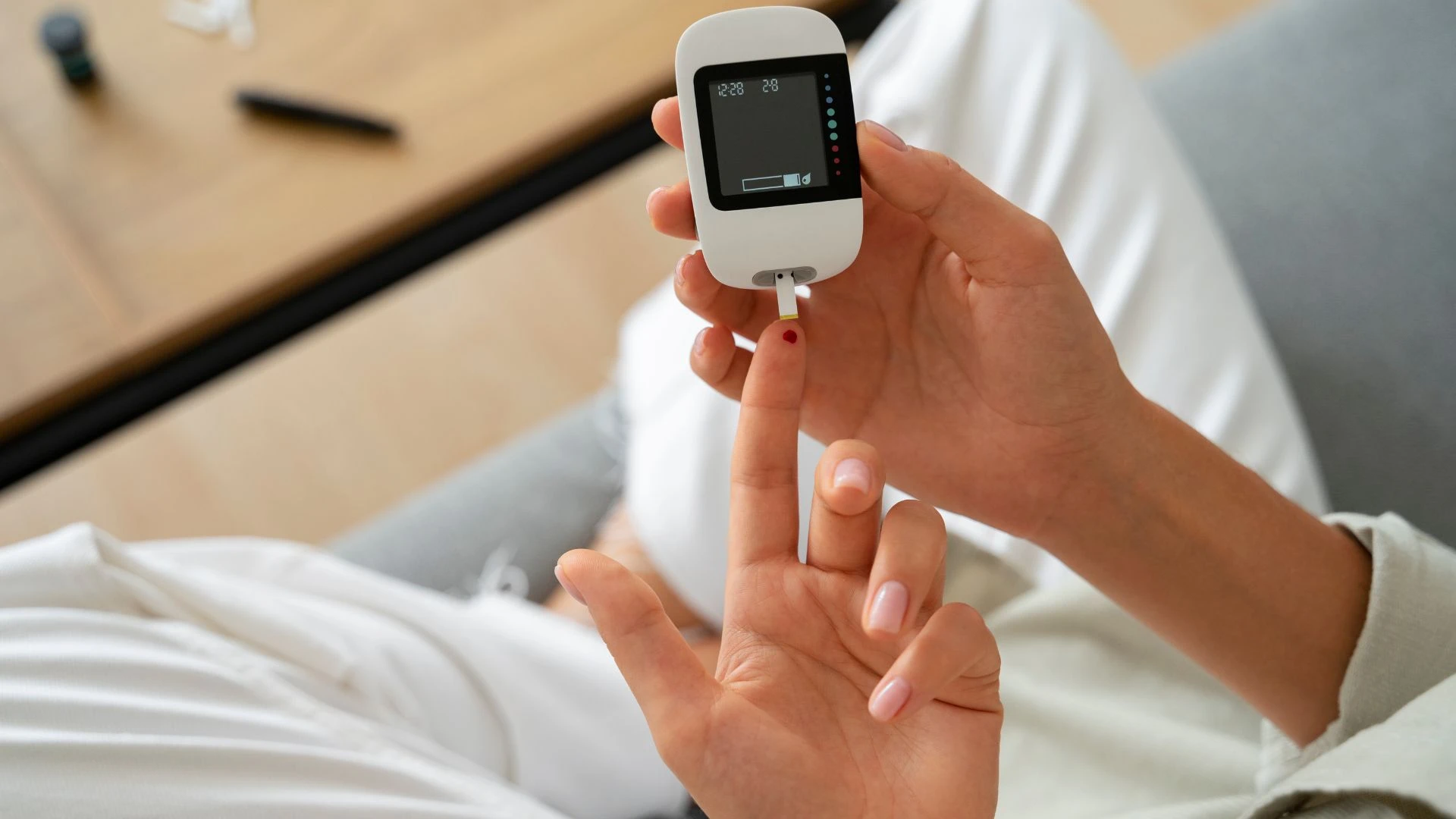
Fruit serving sizes matter more than which fruits you pick. Too much of even the healthiest fruit can stress your heart and blood sugar.
Preparing and Choosing Heart-Healthy Fruits
Smart shopping and prep work keeps more nutrients in your fruit and more money in your wallet. Here’s how to get the best heart benefits without breaking the bank.
Frozen fruits often beat fresh ones for nutrition. They’re picked at peak ripeness and frozen within hours. Fresh fruits travel for weeks before reaching your store. Frozen berries cost half the price and last 6 months.
Fresh is best when you’ll eat it within 3 days. Canned works if it’s packed in water, not syrup. Skip canned fruits with added sugar or artificial sweeteners – they don’t help your heart.
Buy organic for the “Dirty Dozen” fruits that absorb pesticides. Strawberries, apples, and grapes need organic versions. Save money on thick-skinned fruits like bananas, oranges, and avocados – conventional is fine.
Store berries in the fridge unwashed until you eat them. Apples last 3 weeks in the crisper drawer. Keep bananas on the counter away from other fruits. They make everything ripen faster.
Wash fruit right before eating, not when you store it. Extra moisture makes fruit rot quickly. A simple water rinse removes most pesticides and bacteria.
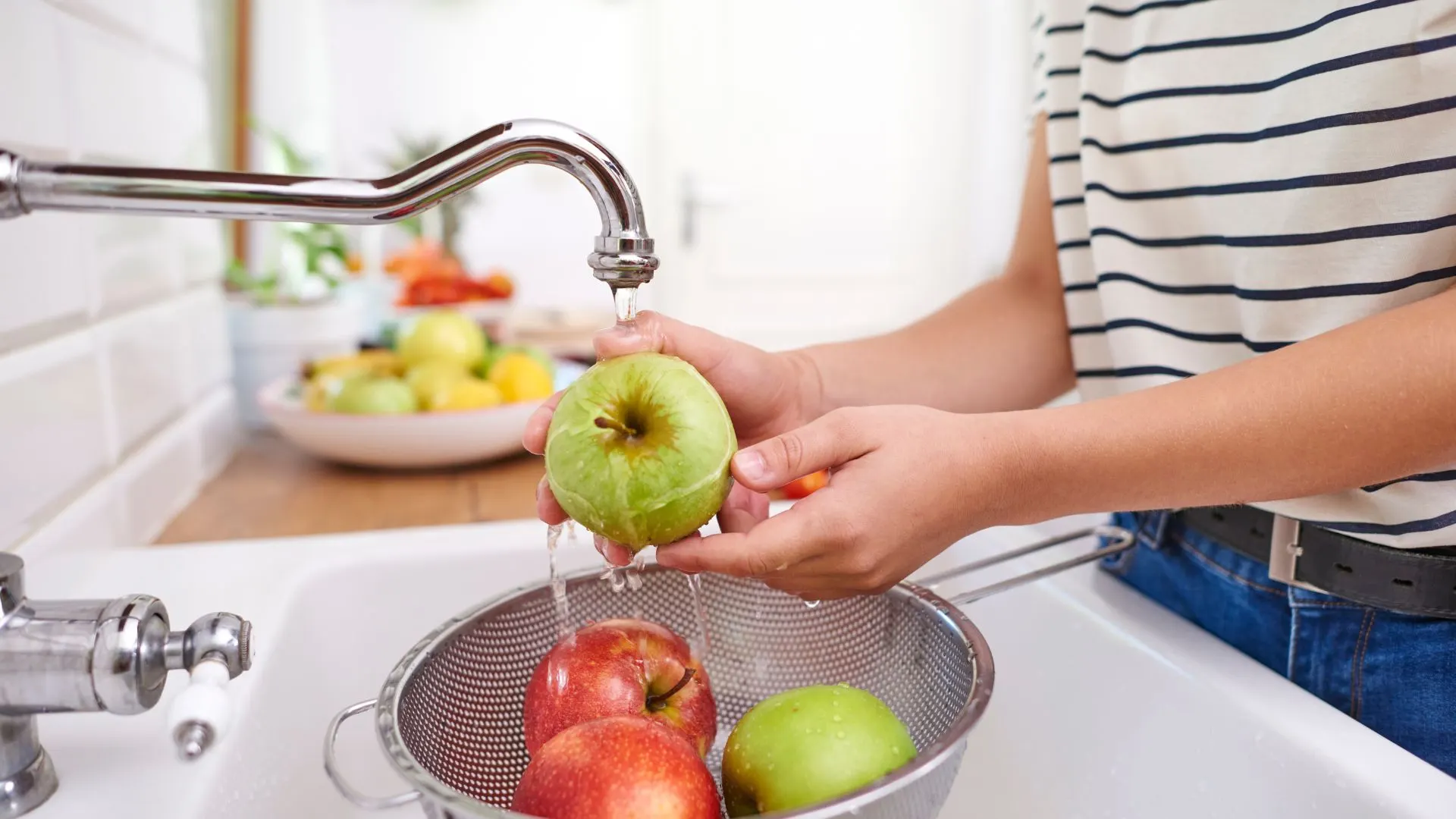
Budget-friendly heart winners: frozen berries, apples, bananas, and oranges. These four give you the most nutrition per dollar. Buy seasonal fruits when they’re cheapest and freeze extras.
Simple prep keeps nutrients intact. Don’t peel apples or pears – the skin has the most fiber. Cut fruit just before eating to prevent vitamin loss from air exposure.
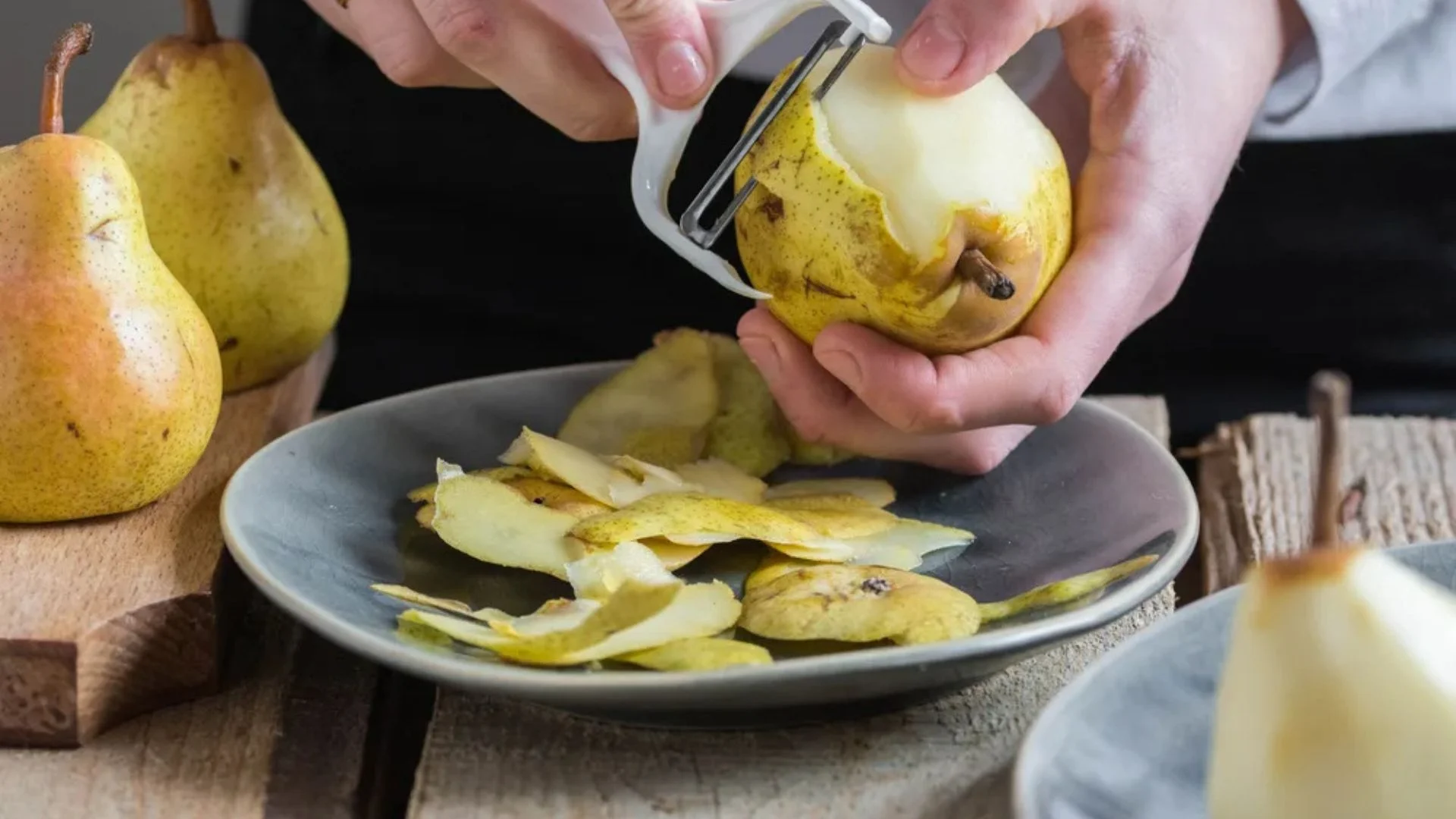
Creating Your Personal Heart-Healthy Fruit Plan
Your heart needs a plan that works with your medications, lifestyle, and health goals. Here’s how to build a fruit routine that actually sticks.
Start by talking to your doctor about which fruits work with your specific medications. Ask these key questions: “Which fruits should I avoid with my current prescriptions?” and “How much fruit is safe for my blood sugar levels?” Write down their answers.
Track your fruit intake and blood pressure for two weeks. Note which fruits you ate and when your numbers were good or bad. Look for patterns – maybe berries help your morning readings but grapes spike your evening glucose.
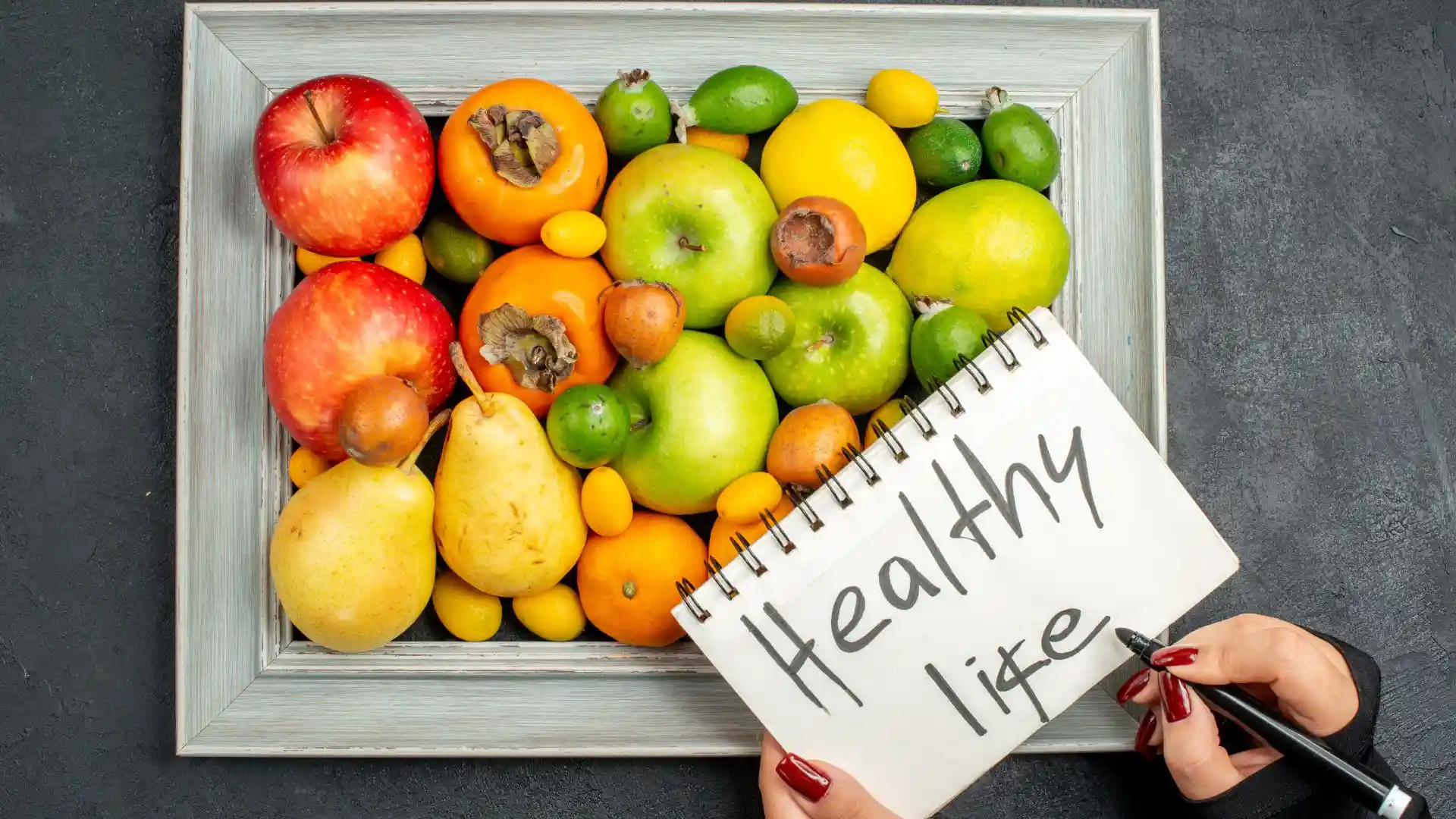
When your doctor changes medications, review your fruit choices again. New blood thinners might mean avoiding cranberry juice. Different blood pressure pills could change how much potassium you need. Always check before assuming your old plan still works.
Sample daily plan: Breakfast – 1/2 cup blueberries. Snack – 1 small apple. Lunch – orange slices. This gives you 3 servings spread throughout the day.
Change fruits with the seasons to save money and add variety. Winter: apples, oranges, pomegranates. Spring: strawberries, kiwi. Summer: berries, watermelon. Fall: pears, grapes.
Weekly planning saves time and prevents mistakes. Sunday: write down which fruits you’ll eat each day. Check your medication list. Buy what you need. This simple system keeps you consistent.
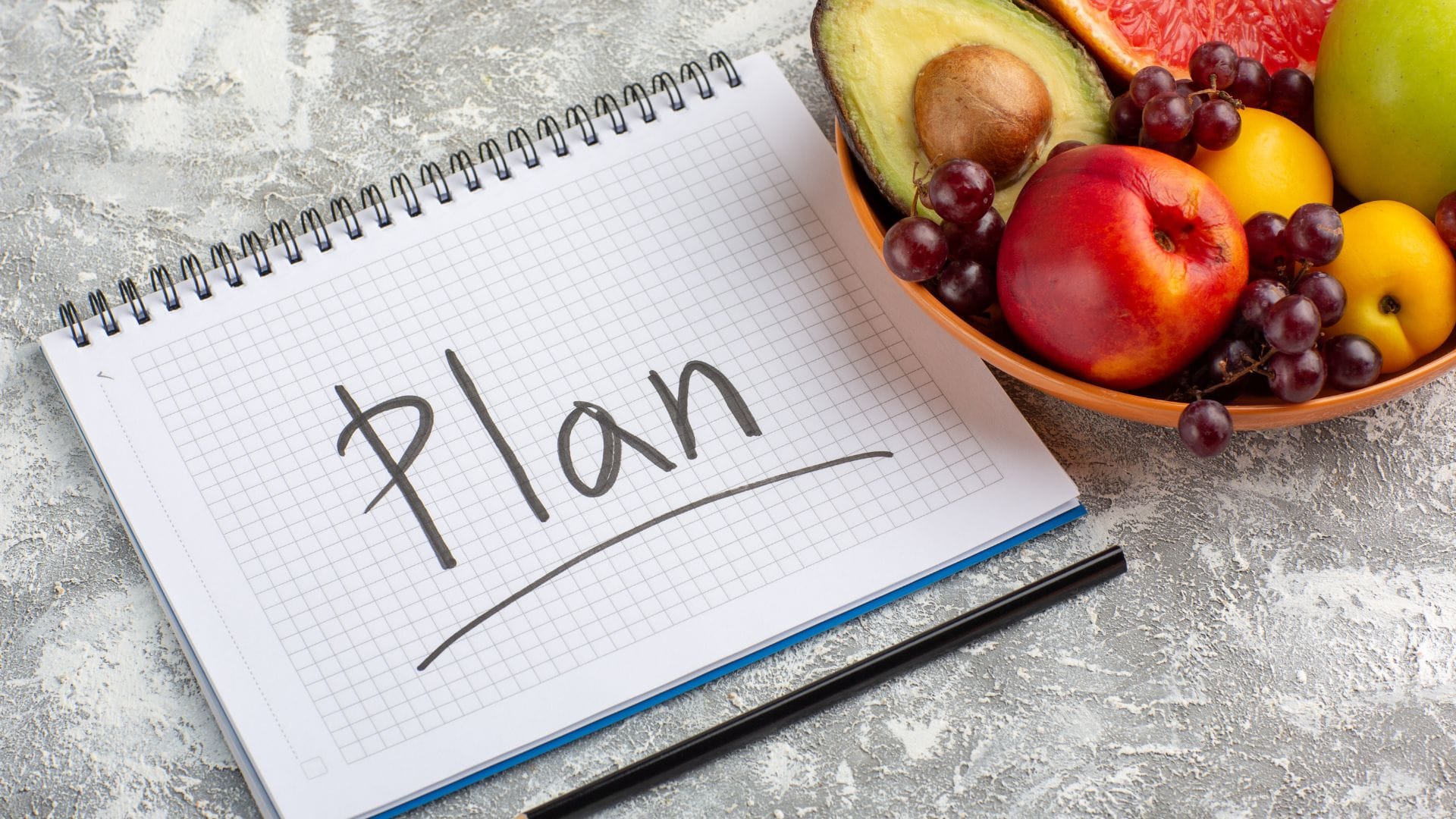
Track symptoms too. More energy? Better sleep? Fewer chest pains? These changes matter as much as your blood pressure numbers.
Final Thought;
Fruits for heart patients can be your best medicine when you choose them wisely. The right portions at the right times support your heart without spiking blood sugar or interfering with medications.
Berries, apples, and citrus fruits give you the biggest heart benefits. These three powerhouses fight inflammation, lower cholesterol, and protect your blood vessels. Start with just one of these daily.

Watch your portions and timing. Always check with your doctor about medication interactions, especially if you take blood thinners or blood pressure pills.
Your heart healthy diet gets better with small, consistent changes. Start with adding one heart-healthy fruit to your daily routine this week. Track how you feel and discuss your fruit choices with your healthcare provider at your next appointment.

